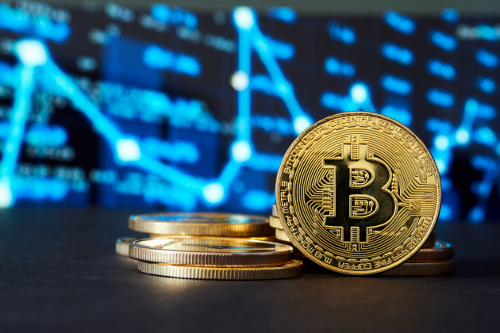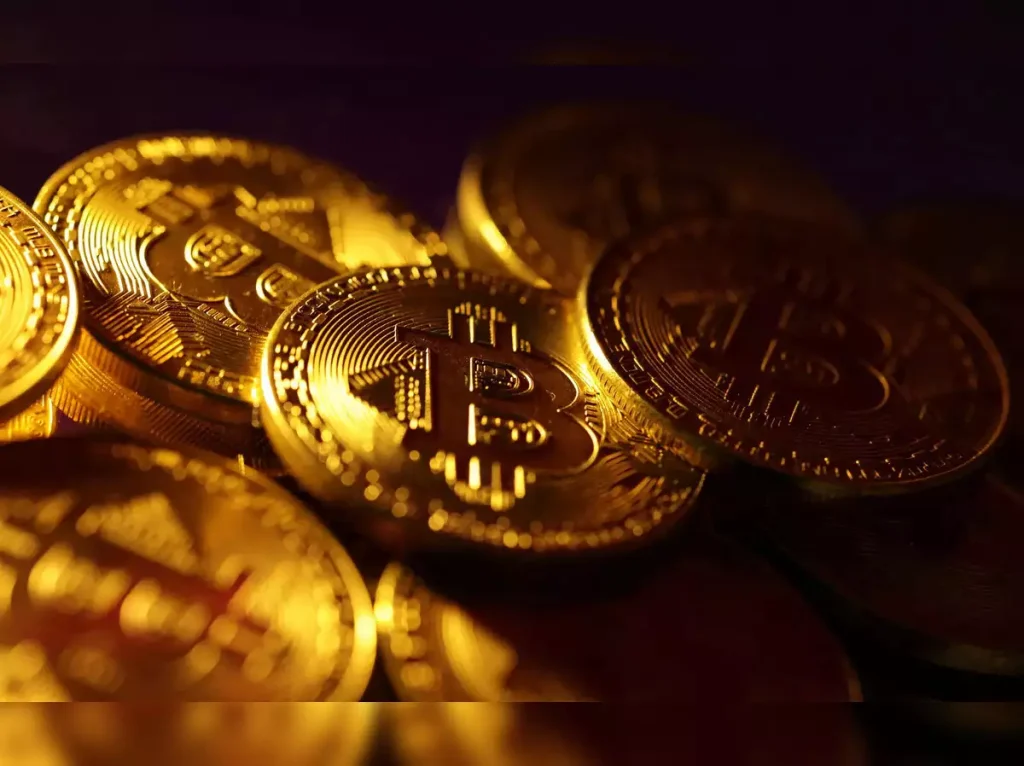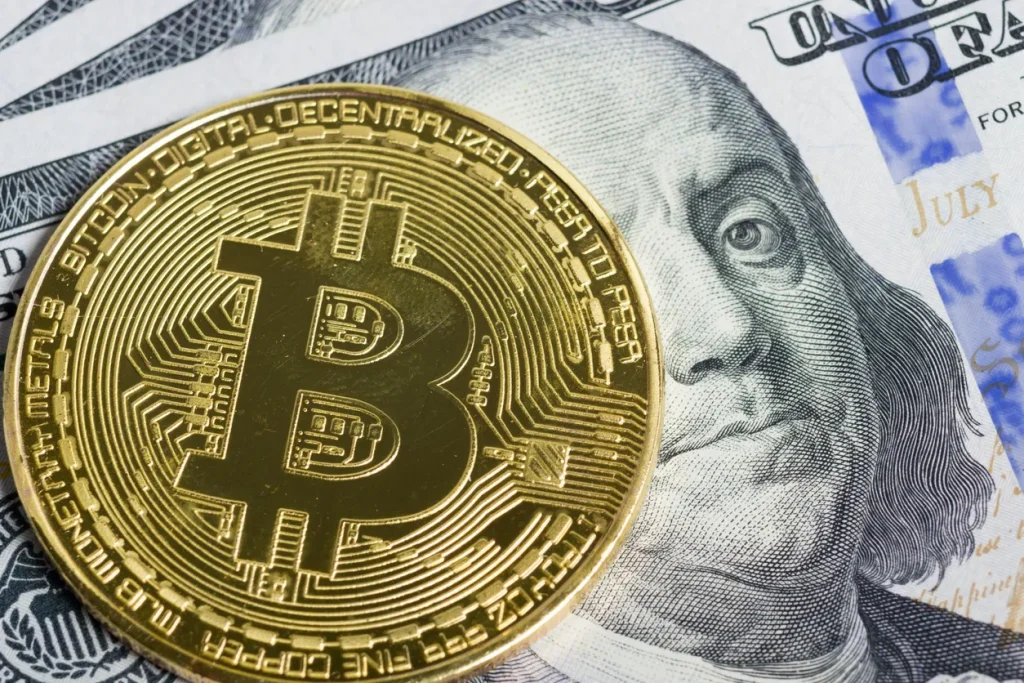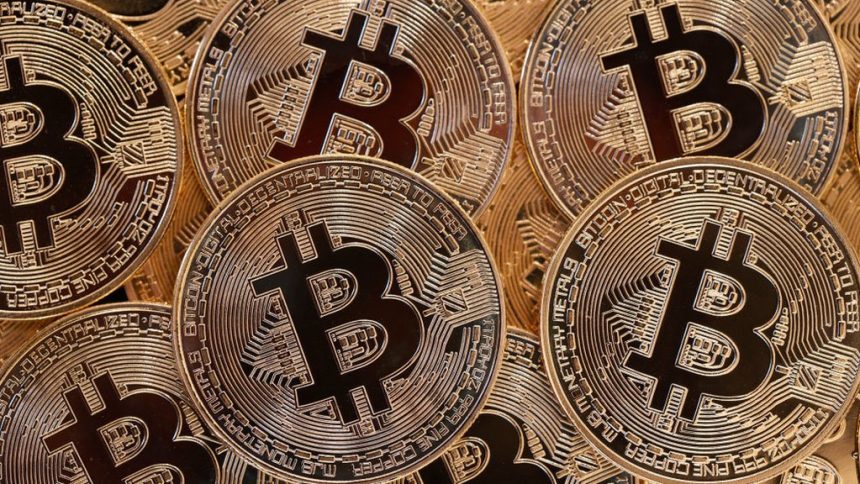The concept of a Bitcoin strategic reserve has taken center stage in recent months, igniting debates within the global financial community. This innovative approach to national financial planning gained significant momentum following an announcement by U.S. President-elect Donald Trump at the Bitcoin Conference in July.
Addressing hundreds of cryptocurrency enthusiasts, Trump unveiled a vision to integrate Bitcoin into a national strategic reserve, positioning the cryptocurrency as a viable alternative to traditional financial systems.
This bold move has since inspired countries worldwide to explore similar strategies, with Russia emerging as one of the most recent nations to join the conversation.
Anton Tkachev, a deputy of Russia’s State Duma, has officially called on Finance Minister Anton Siluanov to evaluate the feasibility of establishing a Bitcoin strategic reserve.

In his proposal, Tkachev emphasized the potential of Bitcoin to function alongside traditional currencies within the nation’s financial reserves.
He highlighted the unique attributes of Bitcoin, particularly its borderless blockchain system and resistance to inflation and external sanctions—factors that have increasingly threatened traditional currencies in recent years.
READ ALSO: Netanyahu Warns: Ending Gaza War Now Would Empower Hamas to Strike Again
Tkachev’s proposal underscores the need for diversification in the wake of economic sanctions imposed on Russia by the United States.
“I urge you to assess the feasibility of creating a strategic Bitcoin reserve in Russia, similar to state reserves held in traditional currencies. If this initiative is deemed viable, I ask that it be submitted to the federal government for further implementation,” he stated.

The deputy also pointed out that Russia’s central bank has been making significant strides toward establishing a cryptocurrency-based cross-border payment system. This development, he argued, further solidifies the practicality of a Bitcoin reserve, not just as an alternative currency but as a robust instrument for preserving monetary value amid global uncertainties.
READ ALSO: Netanyahu Declares Occupied Golan Heights Will Remain Israeli Forever
The idea of Bitcoin as a national reserve is not limited to Russia or the United States. Across the globe, nations are rethinking their financial strategies in light of Bitcoin’s potential to disrupt traditional economic models.
Poland’s presidential candidate has openly campaigned for the inclusion of Bitcoin on the country’s balance sheet. In Suriname, another presidential candidate is advocating for the creation of a Bitcoin reserve and pushing to follow in El Salvador’s footsteps by adopting Bitcoin as legal tender.
El Salvador, notably, was the first nation to embrace Bitcoin as an official currency, demonstrating its utility as both a medium of exchange and a store of value. This bold experiment has inspired other nations to explore similar policies, with Bitcoin increasingly seen as a hedge against inflation, geopolitical tensions, and economic sanctions.

If Russia moves forward with this proposal, it would mark a historic milestone as the first country to establish a Bitcoin strategic reserve. Such a move could signal a paradigm shift in how nations approach financial sovereignty and resilience.
Bitcoin, with its decentralized and deflationary characteristics, offers a stark contrast to fiat currencies, which are often subject to inflationary pressures and geopolitical control.
However, integrating Bitcoin into national reserves is not without challenges. Regulatory uncertainties, price volatility, and technical barriers remain significant obstacles that policymakers must navigate.
Furthermore, the adoption of Bitcoin on a national scale raises questions about its long-term implications for global financial stability and traditional reserve systems like the International Monetary Fund (IMF) and the U.S. dollar.
As nations like Russia, Poland, and Suriname explore the possibility of Bitcoin reserves, the world watches with anticipation. These developments underscore the growing recognition of cryptocurrency as more than a speculative asset—it is increasingly being seen as a strategic tool for financial resilience and innovation.

